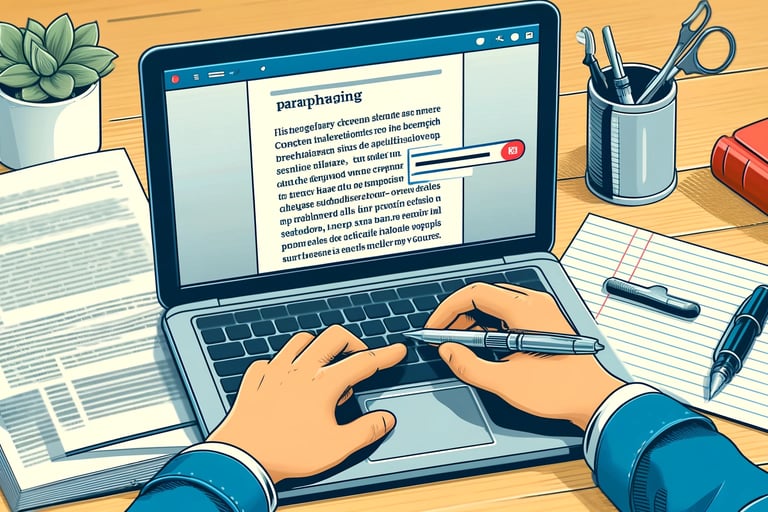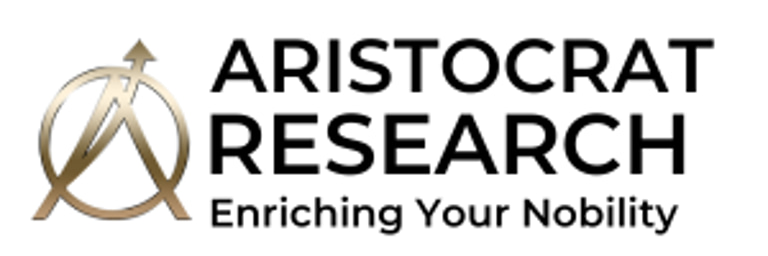Understanding and Avoiding Common Plagiarism Pitfalls in Research Writing
Plagiarism is a serious issue in academic writing that can have severe consequences for researchers. Understanding how to avoid common plagiarism pitfalls is crucial for maintaining the integrity and credibility of your research. This detailed guide will provide you with strategies to prevent plagiarism and ensure your work is original and properly cited.
Understanding Plagiarism
What is Plagiarism?
Definition: Plagiarism involves using someone else's work, ideas, or words without proper attribution.
Types: Plagiarism can be direct (copying text verbatim), mosaic (interspersing one's work with that of others without citation), and self-plagiarism (reusing one's previous work without acknowledgement).




Consequences of Plagiarism
Academic Penalties: Plagiarism can lead to retraction of papers, loss of academic credibility, and disciplinary action.
Legal Repercussions: In some cases, plagiarism can result in legal consequences.
Professional Impact: Plagiarism damages your reputation and can negatively affect your career.
Common Plagiarism Pitfalls
Direct Plagiarism
Definition: Copying text word-for-word from a source without citation.
Example: Including a paragraph from a published paper without quotation marks or attribution
Mosaic Plagiarism
Definition: Mixing copied phrases or ideas with your own writing without proper citation.
Example: Incorporating a few sentences from various sources and blending them into your own writing without acknowledgment.
Self-Plagiarism
Definition: Reusing substantial parts of your own previously published work without proper citation.
Example: Submitting the same research findings in multiple publications without disclosure.
Paraphrasing Plagiarism
Definition: Rephrasing someone else's ideas or text without proper citation.
Example: Changing a few words of a sentence from a source and presenting it as your own. To know more...


Strategies to Avoid Plagiarism
Proper Citation and Referencing
Use Citation Styles: Follow the required citation style (APA, MLA, Chicago, etc.) for your field.
Cite All Sources: Attribute all ideas, quotes, and data to their original sources.
Reference Management Tools: Utilize tools like EndNote, Zotero, or Mendeley to organize and format your references accurately.
Effective Paraphrasing and Quoting
Understand and Rephrase: Fully understand the source material and rephrase it in your own words while retaining the original meaning.
Use Quotations: When directly quoting a source, use quotation marks and provide a citation.
Limit Quotations: Use direct quotes sparingly and only when the original wording is essential.
Originality and Research
Develop Your Own Ideas: Focus on presenting your analysis, insights, and conclusions.
Conduct Thorough Research: Gather information from multiple sources to develop a comprehensive understanding of the topic.
Synthesize Information: Integrate findings from various sources to create a unique perspective.
Utilizing Plagiarism Detection Tools
Check for Similarities: Use plagiarism detection software like Turnitin, Grammarly, or Copyscape to check for unintentional similarities.
Revise and Correct: Make necessary revisions to ensure your work is original and properly cited. To know more...


Ethical Writing Practices
Acknowledge Collaborative Work
Transparent Reporting


Co-Authorship: Give credit to all contributors who played a significant role in the research and writing process.
Acknowledgments: Acknowledge individuals or organizations that provided support or resources.
Data and Methodology: Clearly describe your research methods and data sources to ensure transparency.
Conflict of Interest: Disclose any potential conflicts of interest that may influence your research.
Educating Yourself About Plagiarism
Academic Integrity Policies
Continuous Learning
University Guidelines: Familiarize yourself with your institution’s policies on academic integrity and plagiarism.
Journal Standards: Understand the plagiarism policies of the journals you aim to publish in.
Workshops and Seminars: Attend workshops and seminars on academic writing and ethics.
Online Courses: Enroll in online courses that focus on research ethics and plagiarism prevention. To know more...
Understanding and avoiding plagiarism is essential for maintaining the integrity of academic writing. By following these strategies and best practices, you can ensure your work is original, ethical, and credible.
Final Thoughts
Call to Action
Need help avoiding plagiarism in your research writing? Our professional services can guide you in maintaining high ethical standards and producing original research.
Enquire now at [wa.me/+919894595035?text=authorspark](https://wa.me/+919894595035?text=authorspark) to get expert support. Visit [www.AristocratResearch.com](https://www.AristocratResearch.com) for more information.
By understanding what constitutes plagiarism and implementing these strategies, you can safeguard your research from ethical breaches and uphold the integrity of your academic contributions.
